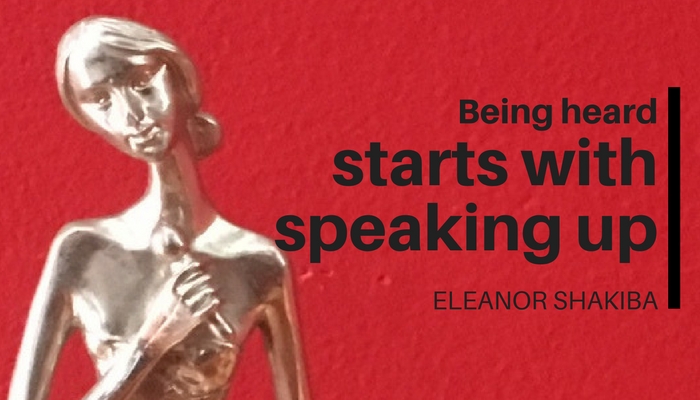When you accepted your current position, did you negotiate your salary? If you’re a woman, chances are your answer to this question is ‘no’.
 In my coaching practice, I’ve helped countless women overcome nerves about negotiating their salaries. Here are my top five tips for negotiating a fair, reasonable and equitable salary the next you’re accepting that job offer.
In my coaching practice, I’ve helped countless women overcome nerves about negotiating their salaries. Here are my top five tips for negotiating a fair, reasonable and equitable salary the next you’re accepting that job offer.
Benchmark salary and conditions in your industry
It’s obvious you won’t be able to negotiate well if you don’t know what is reasonable in your industry. To ensure that you’ve done your homework and know what’s going to be a fair deal for you check the website of your professional association, speak to recruiters or talk to colleagues who work in other organisations. Ask them about the typical salary range for jobs that are similar to yours.
Make sure you know what you’re worth before going into that interview. Read more









